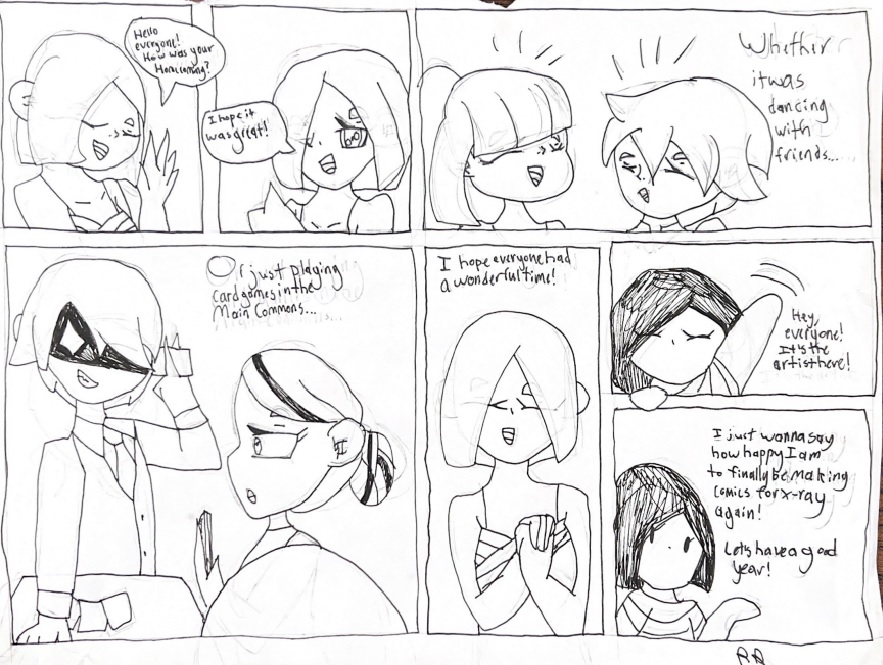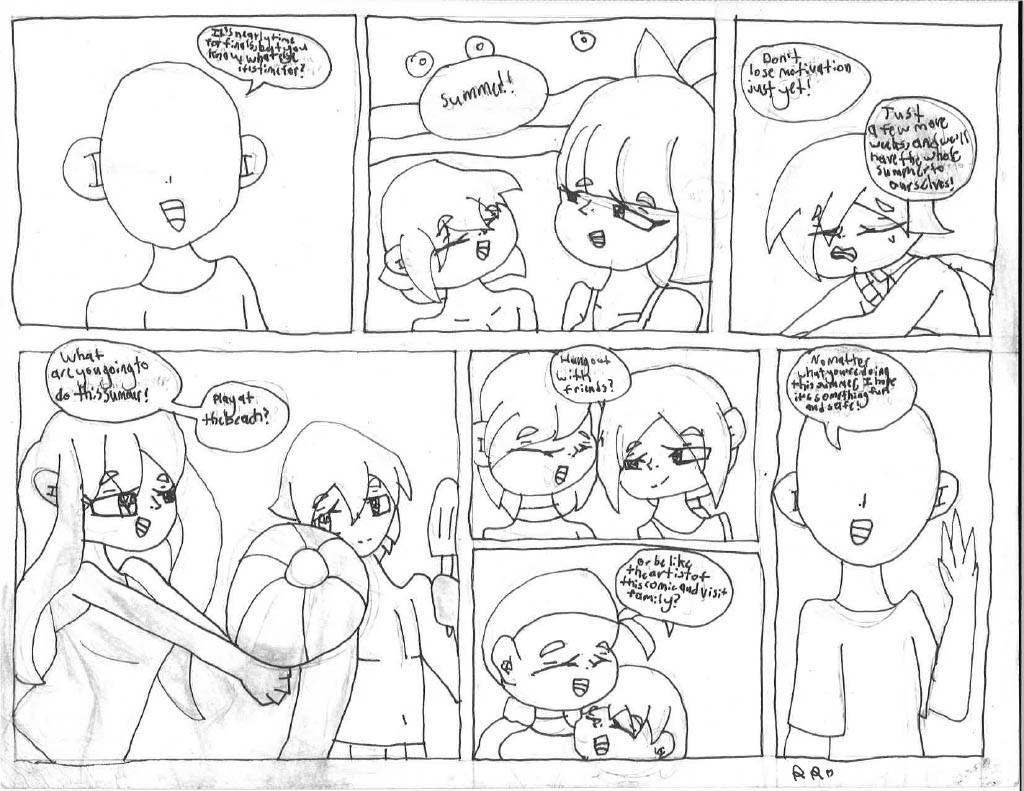On Aug. 9, 2022, Jennette McCurdy published her bestselling memoir “I’m Glad My Mom Died,” which instantly sparked online conversations about child stardom and the horrors that can come with it. McCurdy, best known for her character Sam Puckett in the series “iCarly” and “Sam & Cat,” tells her story of growing up in a broken household with a cancerous and abusive mother who pushed her into her own dream of acting. Through dark humor and a brutally honest perspective of the different stages of her life, McCurdy portrays a chilling look into the truths of child acting, but more importantly, tells the story of the relationship between an abusive mother and her daughter as McCurdy struggles to move on from her death.
“I’m Glad My Mom Died” begins with McCurdy’s childhood, introducing readers to a broken household with an emotionally abusive mother and an apathetic father. Something that I found immediately intriguing was McCurdy’s perfectly tragic tone during this section of the book. McCurdy doesn’t narrate from the perspective of what she knows now but rather from the perspective of her at a young age. It’s a heartbreaking voice of a young, naive child who is entirely oblivious to the abuse her mother is putting her through, with a childish adoration for that abuser that I found particularly unsettling. She constantly describes the “special connection” that she feels that she has with her mother, one that she feels nobody else understands, reflective of the “mother-daughter” bond that society speaks so highly of.
As McCurdy details the way her mother drags her into an acting career to live her dream vicariously through her, the reader is brought through exhausting auditions and set experiences through the eyes of McCurdy. There was a constant dissonance that I felt between the reader and the innocent voice of McCurdy’s narration. It was as if I was screaming behind the pages for her to recognize that something was wrong and that this was not how her mother should be treating her, but McCurdy continues to be painfully unaware of all of it. To me, this perfectly displayed how much a trauma bond can rot a child’s brain.
Eventually, this spirals into McCurdy’s mother coercing her into an eating disorder, something that McCurdy takes on with pride. Again, this was something that her mother herself had been doing for years and pushed onto her daughter in order to make her “stay young.” McCurdy narrates her eating disorder as if it’s an adventure with a painful childhood naivety that I found excruciatingly hard to read. “Calorie restriction has brought me and Mom closer than we already were, which is really saying something because we were already so close,” she says. “Calorie restriction is wonderful!”
As McCurdy grows older and books her most recognizable role as Sam Puckett, her relationship with both acting and her mother grows more and more toxic. The book constantly references “The Creator,” Dan Schneider, and his sporadic outbursts of anger and creepy actions towards the child actors throughout her time on iCarly and later Sam & Cat. McCurdy’s portrayal of her time with Schneider and as a child star doesn’t hit you with dramatic, horrifying events, but rather a constant dread that drags out for years of McCurdy’s life through stories of Schneider’s actions and dealing with fame at such a young age.
McCurdy’s book is hailed as being an important document to highlight the horrors of child acting, but what I find particularly noteworthy is the way in which she portrays this. She doesn’t dramatize anything, but rather drags the reader along for the years of exhaustion that she went through, making you experience the “horrors” yourself with a sense of existential dread, just as McCurdy had to face during this time of her life.
McCurdy starts to wear down from juggling an acting career she’s growing to hate, eating disorders, various relationships that leave her feeling empty and her mother’s worsening cancer and harassment. This all culminates in her mother falling ill after surgery, eventually leading to her passing.
From here, the book focuses on McCurdy’s life after her mother’s death. Through substance abuse, eating disorders, an unfulfilling career now with her mother deceased and men coming and going out of her life, she struggles to find any peace. Yet even at this point in her life, McCurdy still held her mother on a pedestal, believing that she never did anything wrong so McCurdy could find some meaning in a life that was completely built on her mother’s will.
Throughout the rest of the book, McCurdy wrestles with the cognitive dissonance of things she does that she knows are unhealthy but continues to do anyway. She challenges herself to want to change—not for anyone else, but truly for herself.
Ultimately, “I’m Glad My Mom Died” is a story about McCurdy’s relationship with her mother, a truly tragic tale that McCurdy makes bearable through brilliant use of witty and dark humor throughout the story that’s both ironic and reflective of her thoughts during different periods of her life. Though the humor seems inappropriate at times, I found it was a way to make a story about the traumatic life of a child growing up more bearable and enjoyable to read.
McCurdy also doesn’t shy away from describing the true visceral nature of her mental health issues, such as her eating disorders, OCD, depression, etc. It can oftentimes feel uncomfortable to read such a raw look inside McCurdy’s mind in her most vulnerable moments, sometimes toeing the line on feeling invasive. Still, I felt like it was a much-needed deviation from what many modern media romanticizes. It’s very welcoming to see a piece of modern media describe the actual realities of what a mental health crisis can look like rather than making it pretty for the camera.
But the true fulfillment of the story is McCurdy overcoming the disparity between what she wanted her mother to be and who she was. Her narration of her idealization of her mother changing to fit her age, from a young child to a harrowed adult, is both heartbreaking and brutally honest, and when she’s finally able to put that aside and come to terms with exactly who her mother was without any glamorization, it’s a breath of fresh air to both McCurdy and the reader. To me, that breaking of dissonance between what the reader knows and what McCurdy knows was the perfect way to end the book, even though I knew it would be coming the entire time. As you follow this child on her journey to forgiving herself, that moment where she finally does is genuinely what is most important.
Recently, this memoir was added to the St. Charles East Library’s book collection, making it much more accessible for students to read. An amazing read that leaves you thinking for weeks on end, McCurdy truly changes the world with her voice and a story that will be remembered for years to come.








